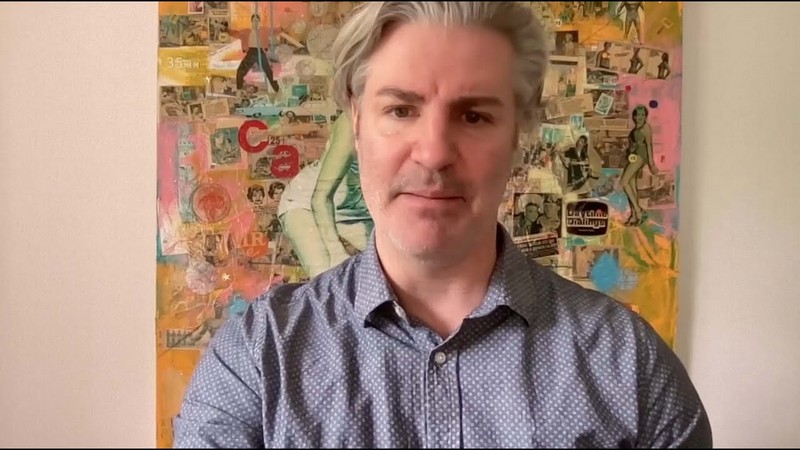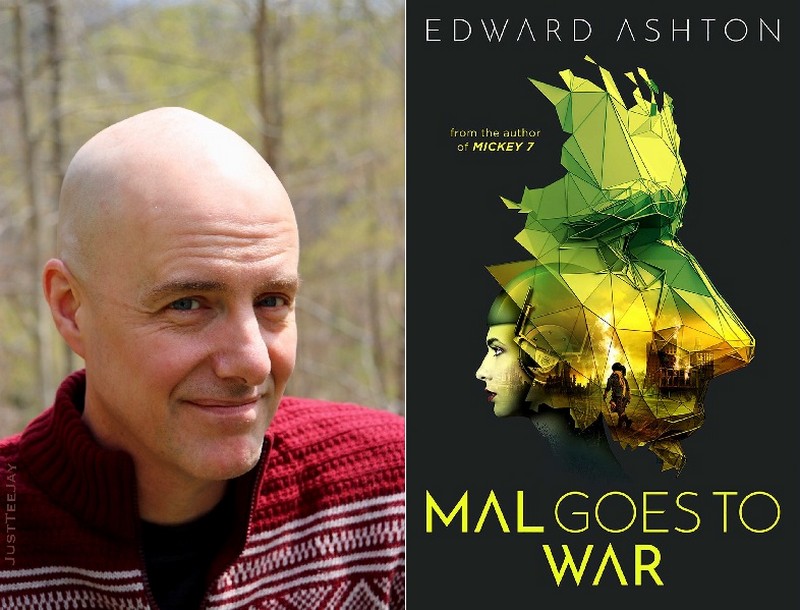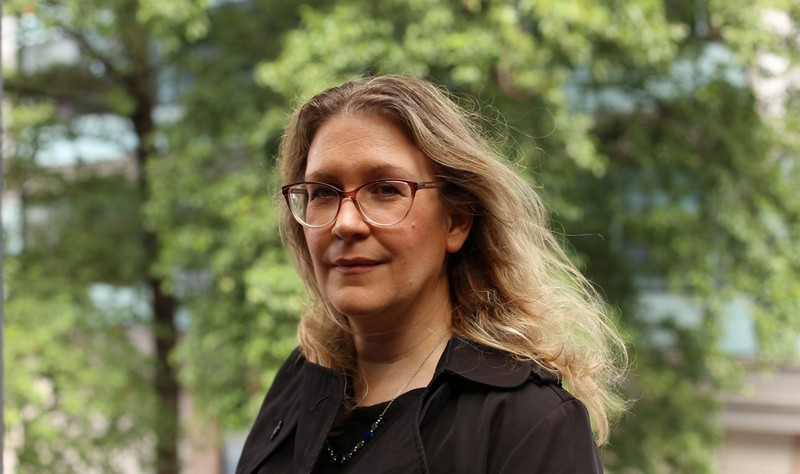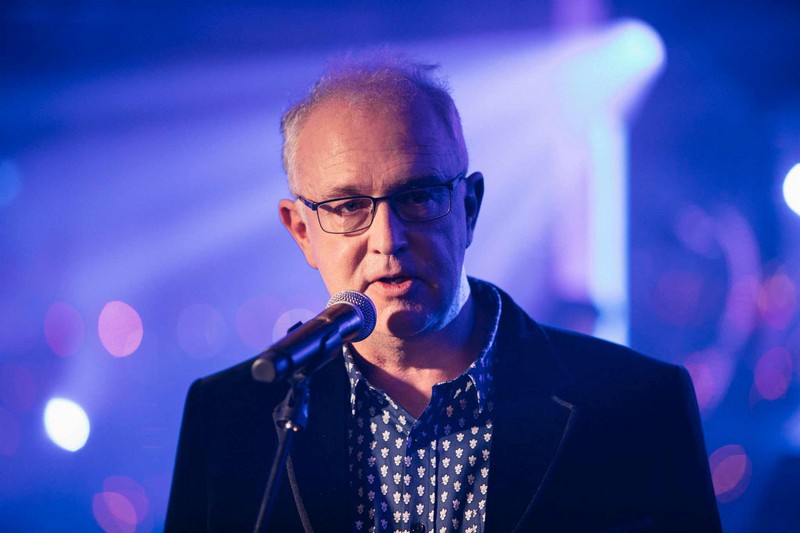 It’s hard to talk about Cole Haddon’s dizzying and multifaceted debut Psalms for the End of the World without giving away at least a few spoilers. It is a narrative that ranges across time and reality in an attempt to explore what makes us human.
It’s hard to talk about Cole Haddon’s dizzying and multifaceted debut Psalms for the End of the World without giving away at least a few spoilers. It is a narrative that ranges across time and reality in an attempt to explore what makes us human.
If the narrative has a centre, it involves two disparate characters in America in 1962. Robert Jones seems to have been responsible for a fatal bombing in Pasadena, but he cannot remember anything about it. And Grace is a diner waitress who is in love with him although Jones also does not seem to remember anything about her. The two, on the run from the FBI (or maybe not the FBI?), form the central spine of the narrative but Haddon does not stick with Jones and Grace for long. Instead he spirals into other narratives of characters in a range of other times and places including Ali in Berlin in 1977, Xavier in France (and later Mongoloia) in 1780, Abdul Fattah in Sydney in 2000 and Mimori in Earth orbit in 2027, among many many others. These stories are driven by a range of Macguffins (including a powerful black sphere, paintings that make the viewers go mad) that are themselves tied to the broader narrative.
Through his multitude of characters Haddon visits some of the darker parts of human history – the Holocaust and its aftermath, the Spanish conquest of Central America, the slave trade, the Mongol invasions across Central Asia. These disparate elements provide pieces of a much larger puzzle, a puzzle that comes back to Jones’ mission and the role of Grace in that mission. It is frustrating at times, the connections between stories a little opaque, and trying to keep up with all of the characters is a little exhausting. But it is a novel that rewards patience. Like the mosaic that it is, readers need to reach a point where they can stand back and appreciate the bigger picture that Haddon is creating.
Psalms for the End of the World plays with the philosophical question – what if we’re living in a simulation? Or, more importantly, what if we’re merely part of that simulation? In this respect, many of its elements (down to the possibly malevolent men in suits and dark glasses) are reminiscent of The Matrix. But Haddon puts aside any of the more flashy bullet-time style action for something a little more cerebral. Instead he tackles big questions – how do we best process grief? How do we deal with tragedy? What does it mean to love? And ultimately – what does it mean to be human? And while he doesn’t necessarily provide any definitive answers to those questions, he leaves plenty for readers to think about.
Robert Goodman
For more of Robert’s reviews, visit his blog Pile By the Bed
Other reviews you might enjoy:
- Harsh Times (Mario Vargas Llosa) – book review
- What You Can See From Here (Mariana Leky) – book review
- The Last Adventure of Constance Verity (A. Lee Martinez) – book review

Robert Goodman is a book reviewer, former Ned Kelly Awards judge and institutionalised public servant based in Sydney. This and over 450 more book reviews can be found on his website Pile By the Bed.





